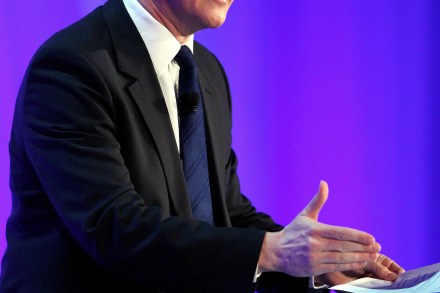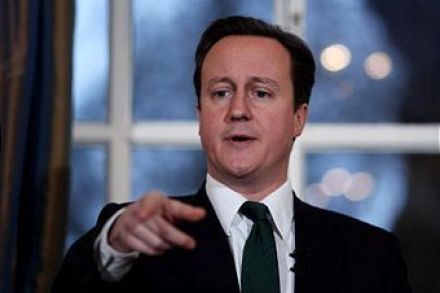Cameron steps up his game
There’s something about a trip to Scotland that brings out the best in Tories giving speeches, and David Cameron lived up to the occasion the other evening. He reprised his social justice passage – easily the best part of his 2009 conference speech. Listing how Labour has made the rich richer and poor poorer, and how the Tories are the party of Wilberforce etc. Promising a “radical zeal” Conservative party – Amen to that. “Some people will say ‘you can’t do things like that. You can’t afford to take those risks.’ I say with so little money and so much failure we can’t afford not to.” That’s the spirit. “Those



















